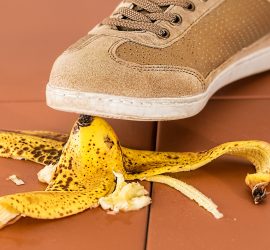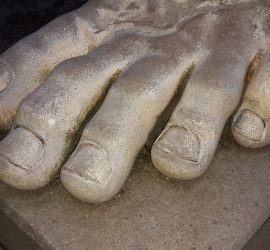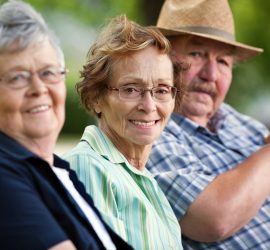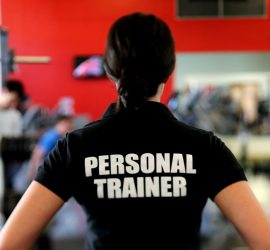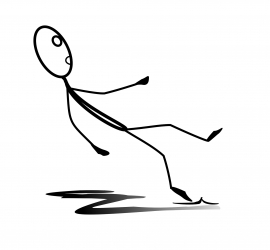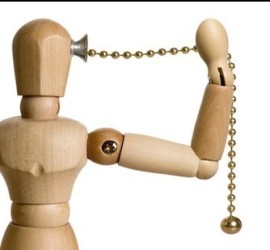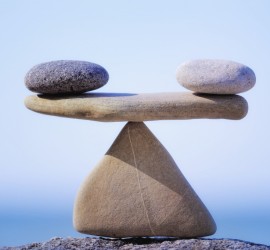A tailored multidisciplinary intervention reduces the burden of dizziness in middle-aged and older people
Dizziness is a debilitating symptom that affects 10-30% of middle-aged and older people (Aggarwal et al, 2000; Colledge et al, 1994). People with dizziness often report poor health outcomes including reduced quality of life, depression, fear of falling and falls (Aggarwal et al, 2000; Colledge et al, 1994; Tinetti et […]

